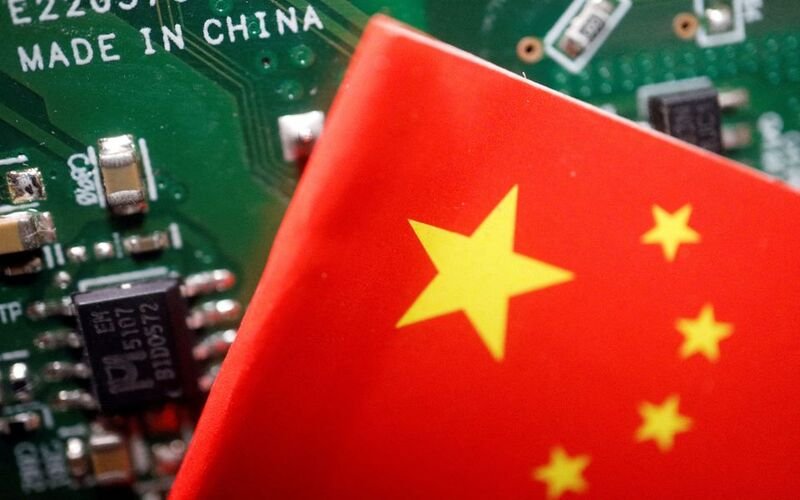On September 5, 2023, China announced the establishment of a new state fund with a staggering $40 billion allocation aimed at bolstering its semiconductor (chip) industry. This move represents China’s continued commitment to becoming a global leader in the tech and semiconductor sectors, with significant implications for the global tech landscape. Semiconductors, often called chips, are the backbone of the modern technology industry. They power everything from smartphones to data centers and are critical in various high-tech applications.
China has long sought to reduce its reliance on foreign chip manufacturers and become more self-sufficient in chip production. This initiative is motivated by national security concerns and the desire to control a crucial part of its technology supply chain. By investing heavily in its semiconductor industry, China aims to enhance its global competitiveness in the tech sector, challenging established players in the United States, Taiwan, and South Korea.
The announcement of a $40 billion state fund signifies China’s determination to accelerate the growth of its semiconductor industry. A significant portion of the fund is earmarked for research and development activities. This investment will foster chip design and manufacturing innovation, potentially reducing China’s reliance on foreign technology.
The fund will also support the construction of advanced chip manufacturing facilities and infrastructure. These state-of-the-art facilities are essential for producing cutting-edge chips efficiently.
China recognizes the importance of a skilled workforce in the semiconductor industry. A portion of the fund will likely be allocated to training and attracting top talent in the field. China’s substantial investment in its semiconductor industry will have a far-reaching impact on the global tech landscape.
The growth of China’s chip industry will intensify competition in the global tech market. This competition could lead to innovation, better technology, and lower consumer prices. As China strengthens its semiconductor industry, it may reduce its dependence on foreign chip suppliers. This shift could reshape global technology supply chains and impact companies that rely on exporting chips to China.
In conclusion, China announced a $40 billion state fund to boost its semiconductor industry in 2023, underlining its commitment to becoming a key player in the global tech and semiconductor sectors. With investments in research, infrastructure, and talent, China aims to reduce its reliance on foreign chip suppliers and enhance its competitiveness on the global tech stage. This move will likely have profound and lasting implications for the tech industry worldwide.














































Comment Template